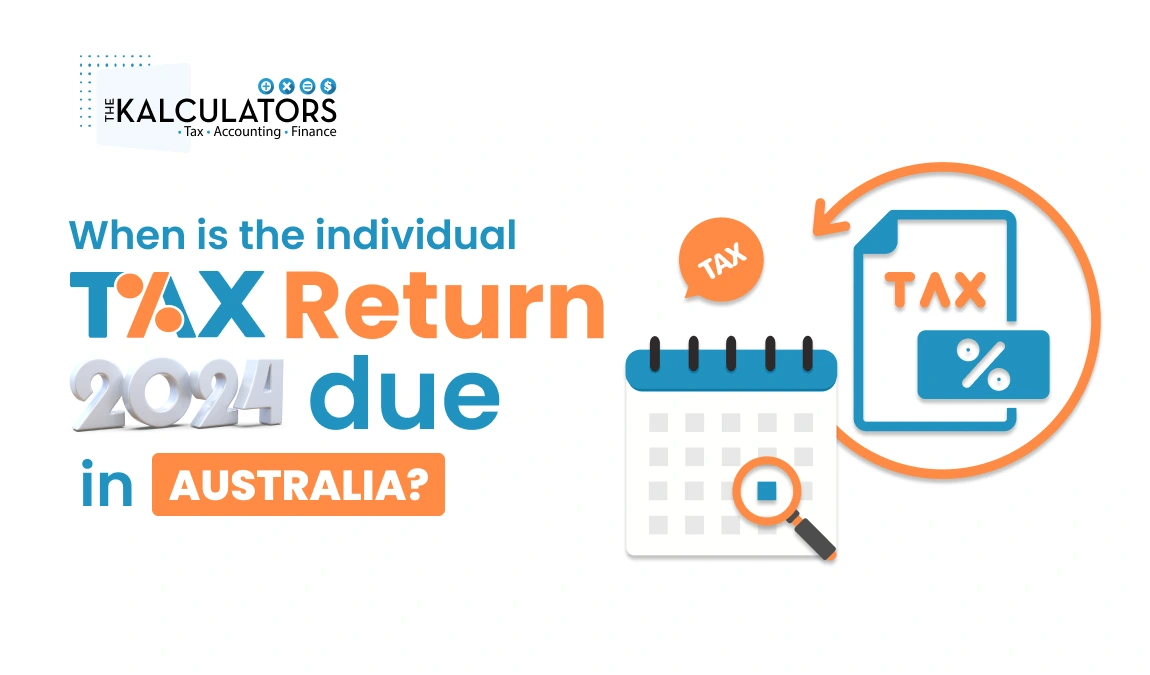What You Should Know About the Australian Tax Return Before Filing
What You Should Know About the Australian Tax Return Before Filing
Blog Article
Different Types of Income Tax Return Explained: Discover Out Which One You Need for Your Tax Reimbursement

Recognizing Income Tax Return Basics
A tax obligation return is a formal file that individuals and organizations submit to the government to report their revenue, expenditures, and other monetary information for a specific Tax year. Understanding the essentials of income tax return is vital for compliance and financial planning. Income tax return serve several purposes, consisting of calculating Tax responsibility, claiming refunds, and giving info for various federal government programs.
Individuals typically file income tax return each year, detailing earnings from numerous resources such as salaries, financial investments, and self-employment. For companies, Tax returns incorporate more complex economic data, showing earnings, prices, and deductions associated with their operations.
Declaring deadlines vary, with many individuals needed to send their returns by April 15 of the list below year. Failure to file promptly can cause penalties and interest.

Type 1040: The Conventional Return
Among the various Tax forms readily available, Kind 1040 sticks out as the common return for private taxpayers in the United States. This kind functions as the main file for reporting earnings, calculating Tax obligation, and determining qualification for different Tax credit scores and reductions.
Form 1040 is designed for a variety of taxpayers, including those with varied income resources, such as incomes, self-employment earnings, and financial investment incomes. It accommodates numerous filing statuses, consisting of single, wedded filing collectively, married declaring individually, head of house, and qualifying widow(emergency room)
One of the vital functions of Form 1040 is its versatility; it allows taxpayers to report extra revenue, insurance claim adjustments, and apply countless reductions and credit reports, which can significantly influence the final Tax refund or amount owed. Taxpayers might also connect timetables to Kind 1040 to provide additional information about certain revenue types or reductions.
Declaring Form 1040 can be done digitally or using paper submission, with electronic declaring typically giving a quicker processing time for refunds. Generally, Kind 1040 remains a crucial tool for individual taxpayers managing their yearly Tax commitments.
Type 1040-SR: For Senior Citizens
Kind 1040-SR functions as a simplified Tax return especially developed for senior citizens aged 65 and older. This type was presented to suit the one-of-a-kind financial circumstances often experienced by retired people, including bigger print and a simple design that enhances readability. It allows seniors to report their income and claim deductions in a much more easily accessible style.
The 1040-SR can be made use of by senior citizens with differing income resources, consisting of pension plans, Social Protection, rewards, and passion. Notably, the form retains the very same Tax prices and reductions as the typical Form 1040, ensuring that elders are not deprived in their Tax calculations. In addition, taxpayers who are eligible for the basic deduction can take advantage of a greater deduction amount available for those who are 65 or older.
Elders that select Type 1040-SR may also capitalize on Tax credit reports and deductions relevant to their conditions, such as the Debt for the Elderly or the Disabled. The kind can be filed electronically, making it less complicated for senior citizens to submit their income tax return effectively. Generally, Form 1040-SR streamlines the Tax declaring procedure for seniors, guaranteeing they get any Tax refunds or owed quantities immediately.
Form 1040-NR: Nonresident Aliens
Nonresident aliens make use of Form 1040-NR to report their revenue and satisfy their Tax responsibilities in the United States. This kind is specifically made for individuals that are not united state citizens and do not fulfill the considerable presence examination, which determines residency standing for Tax purposes. Nonresident aliens are commonly only strained on their U.S.-sourced income, indicating income earned within the United States.
When filling up out Form 1040-NR, nonresident aliens need to include all relevant revenue, including earnings, rate of interest, dividends, and rental income. They are likewise enabled to claim particular deductions and debts, although the alternatives might be limited compared to those available to resident taxpayers. Nonresident aliens may be qualified for the standard deduction under details situations, such as if they are from countries with Tax treaties with the United state
It is necessary for nonresident aliens to properly total Type 1040-NR and file it by the designated deadline, normally April 15 or June 15, relying on their conditions. Failing to do so may lead to penalties and interest on any unpaid tax obligations, emphasizing the relevance of conformity with U.S. Tax regulations.
Specialized Returns for Services
Companies in the United States are called for to file specific Tax returns that show their unique frameworks and earnings sources (Online tax return). The certain types used depend on business entity type, consisting of single proprietorships, partnerships, companies, and S companies
Sole owners generally submit Arrange C (Kind 1040), which information revenue and expenditures from their organization activities. Collaborations, on the various other hand, use Form 1065, which reports revenue, deductions, and credit scores, and provides an Arrange K-1 to every partner to report their share of the revenue on their personal income tax return. Corporations need to file Kind 1120, which represents company income Tax, while S corporations file Form 1120S, permitting income to go through to investors without being exhausted at the company level.
Furthermore, particular companies may need to file specific returns such as Kind 940 for federal unemployment Tax or Kind 941 for quarterly pay-roll taxes. Understanding which Tax return to documents is essential for compliance and maximizing potential Tax advantages. Each type serves an unique function and mirrors the economic activities of business, ensuring exact reporting to the IRS.
Final Thought
In recap, picking the appropriate income tax return type is necessary for maximizing Tax reimbursements and making certain compliance with internal revenue service regulations. Australian tax return The basic Type 1040 offers individual taxpayers, while senior citizens can gain from the streamlined Kind 1040-SR. Nonresident aliens make use of Kind 1040-NR for reporting U.S.-sourced revenue. In addition, organizations must abide by specific returns, such as Schedule C for sole proprietors and Kind 1065 for collaborations. Understanding these types assists in effective Tax filing and maximizes potential benefits.
Importantly, the kind preserves the exact same Tax prices and reductions as the conventional Kind 1040, making sure that senior citizens are not disadvantaged in their Tax calculations. Overall, Kind 1040-SR enhances the Tax declaring process for seniors, guaranteeing they get any Tax refunds or owed quantities quickly.
Companies should file Type 1120, which accounts for corporate earnings Tax, while S companies file Form 1120S, permitting income to pass via to shareholders without being strained at the corporate degree.
Furthermore, certain organizations may require to submit specific returns such as Kind 940 for federal joblessness Tax or Kind 941 for quarterly payroll taxes (Online tax return).In recap, selecting the suitable Tax return form is crucial for optimizing Tax reimbursements and guaranteeing conformity with IRS laws
Report this page